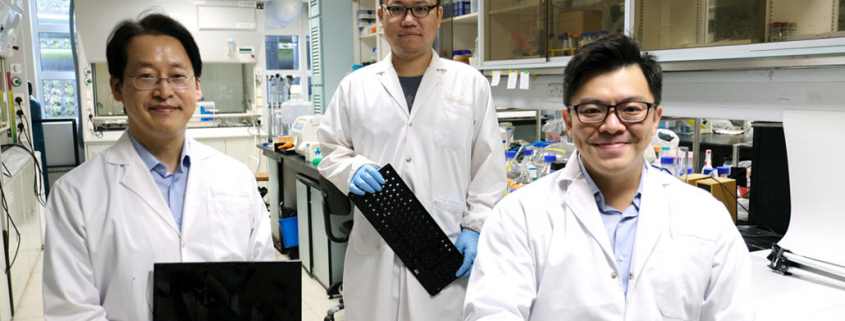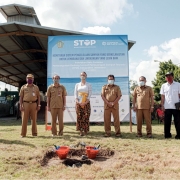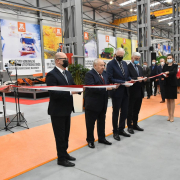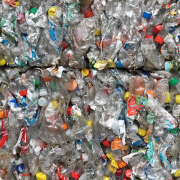NTU Singapore Scientists Developed Upcycling Method for E-Waste Plastics
E-waste plastics are rarely recycled due to their complex composition and hazardous additives. Scientists at Singaporean Nanyang Technological University (NTU) have developed a new use for e-waste plastics: repurposing them as an alternative to the plastics used in laboratory cell culture containers, such as Petri dishes.
The team of NTU Singapore-CEA Alliance for Research in Circular Economy (SCARCE) repurposed the e-waste plastics, subjecting them only to sterilization before being trialed in lab experiments. The team found that over 95 percent of the human stem cells seeded on plastics scavenged from discarded computer components remained healthy after a week, a result comparable to cells grown on conventional cell culture plates.
According to the information, these findings, described in a study published online in the scientific journal Science of the Total Environment, indicate a potential new sustainable use for e-waste plastics, which account for about 20 percent of the 50 million tons of e-waste produced worldwide each year.
Repurposing them for cell culture in the lab would not only allow maximum value to be recovered from e-waste plastics, but also help to reduce the amount of plastic waste generated from biomedical research, said the NTU research team. As reported, a study in 2015 had estimated that 5.5 million tons of lab-related plastic waste, including cell culture dishes, were generated globally in a year. “These new findings build on a 2020 study led by the same NTU team, which investigated the effect of e-waste plastics on six different human cell types and found healthy cell growth despite the hazardous elements to be found in e-waste plastics,” the university informed. According to Assistant Professor Dalton Tay of the NTU School of Materials Science and Engineering and School of Biological Sciences, who led this interdisciplinary study, repurposing e-waste plastics for immediate use rather than recycling them enables extending the lifespan of e-waste plastics immediately and minimizes environmental pollution. “Our approach is in line with the zero-waste hierarchy framework, which prioritizes the reuse option through materials science and engineering innovation.” Providing an independent point of view, Professor Seeram Ramakrishna, Board Member of the Plastics Recycling Association of Singapore and Chairman of the Plastics Recycling Centre of Excellence, said: “With plastic a critical component in our manufacturing and logistical processes, we are in urgent need of sustainable solutions to plastic waste to mitigate its impact on the environment and social costs. Innovative solutions, such as the idea developed by Asst Prof Tay and his team to repurpose e-waste plastic, could serve to address the ubiquitous plastic waste problem in Singapore and around the world, and move us towards plastics circularity.”
(Published in GLOBAL RECYCLING Magazine 1/2022, Page 44, Photo: NTU Singapore)








